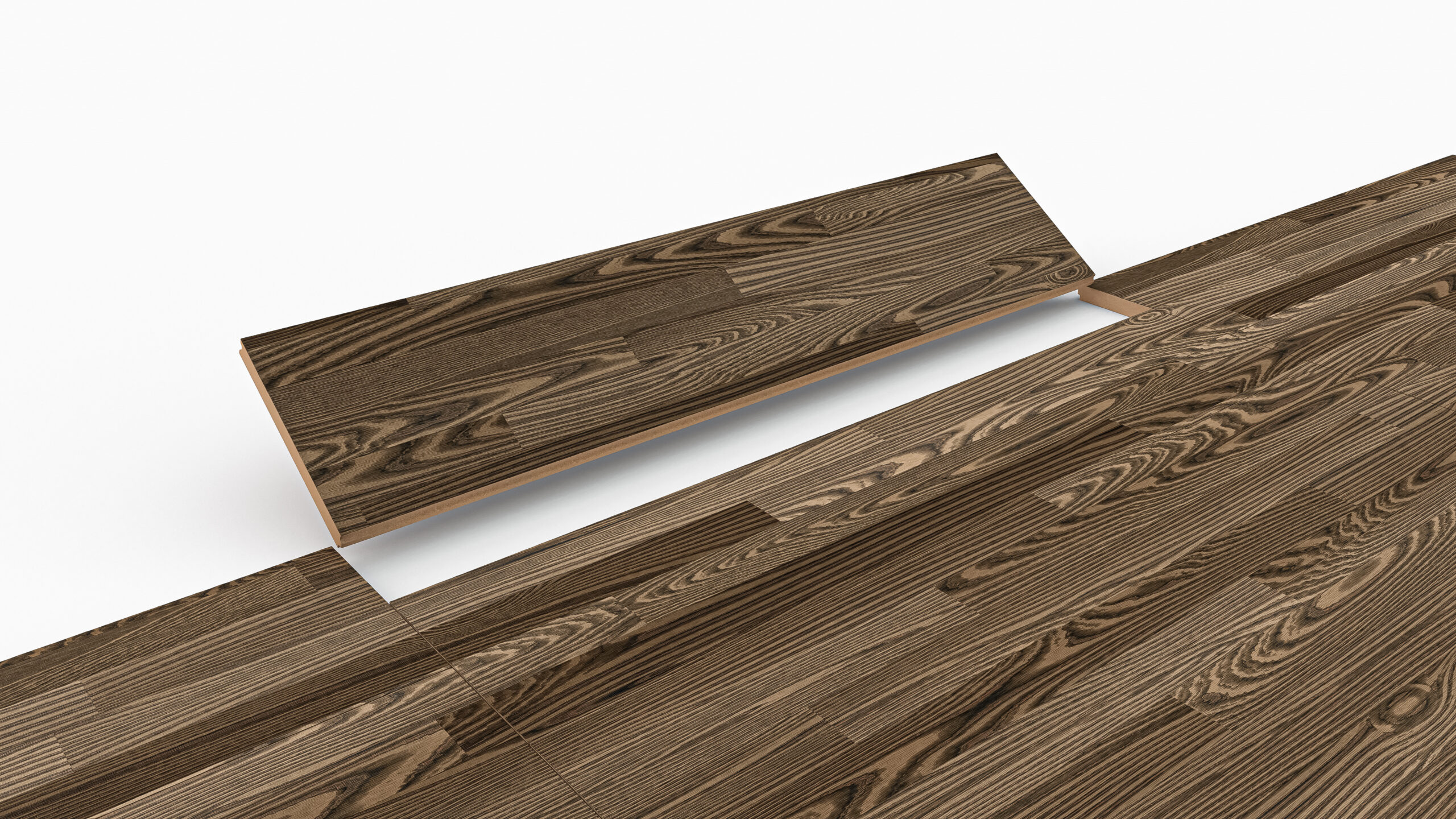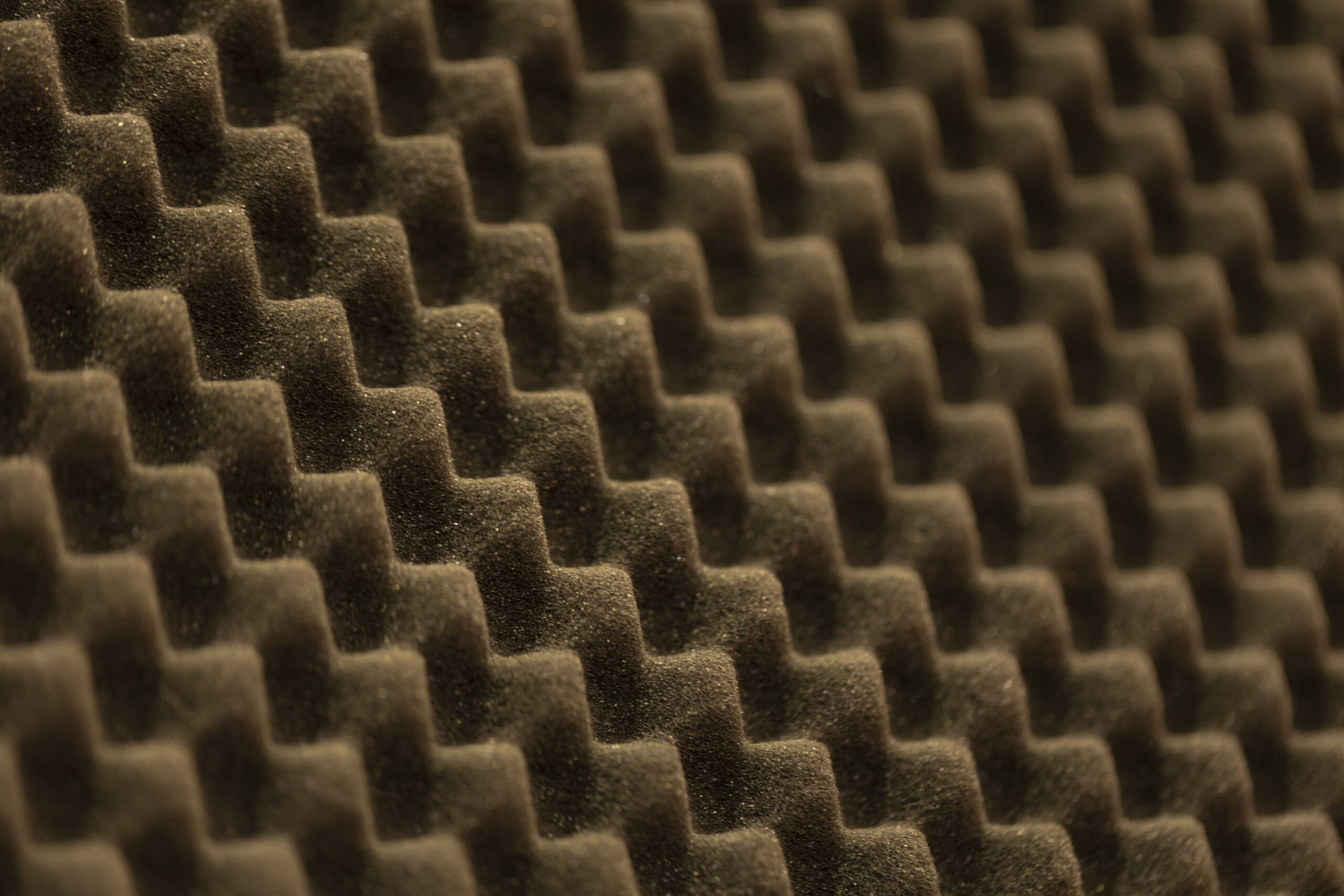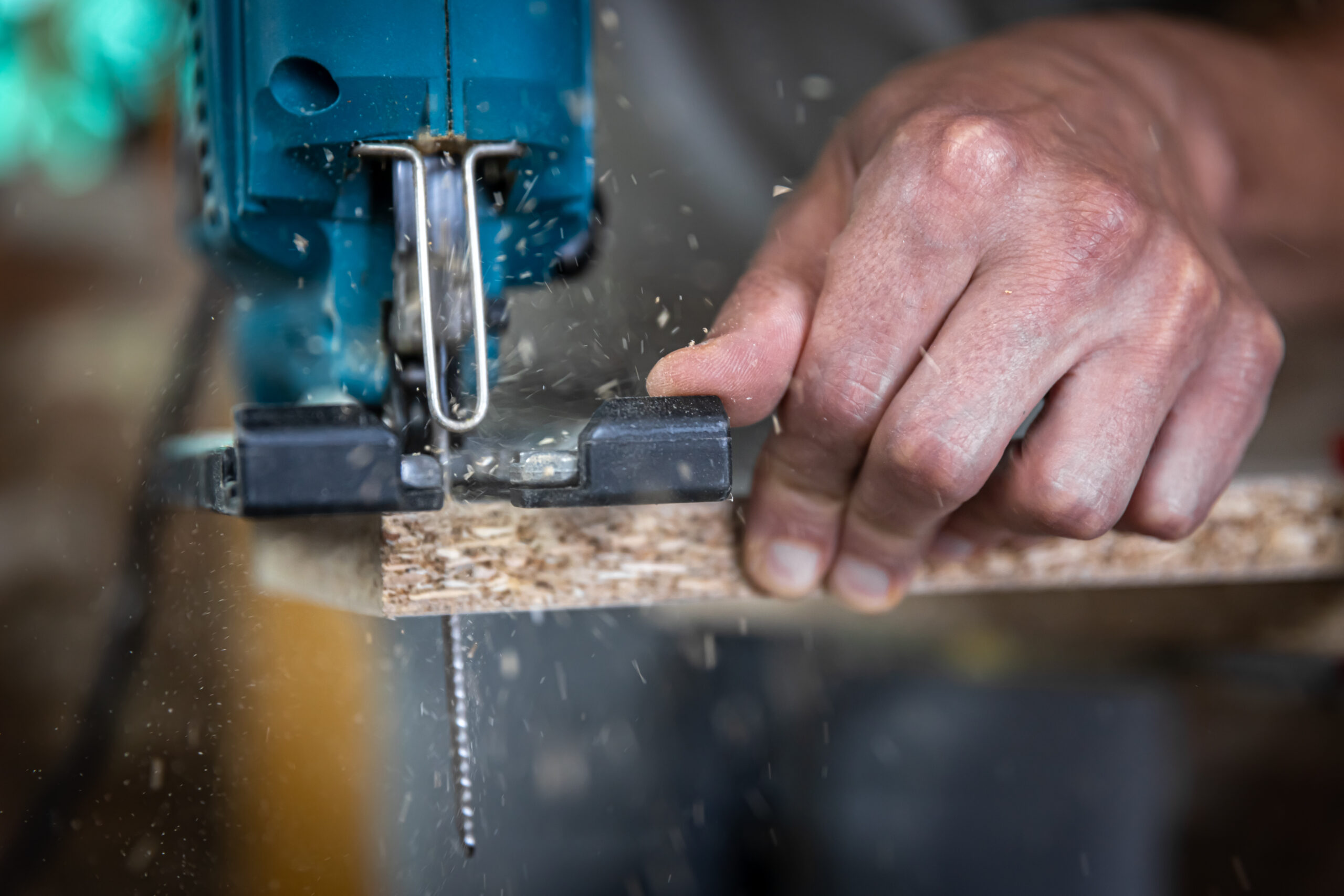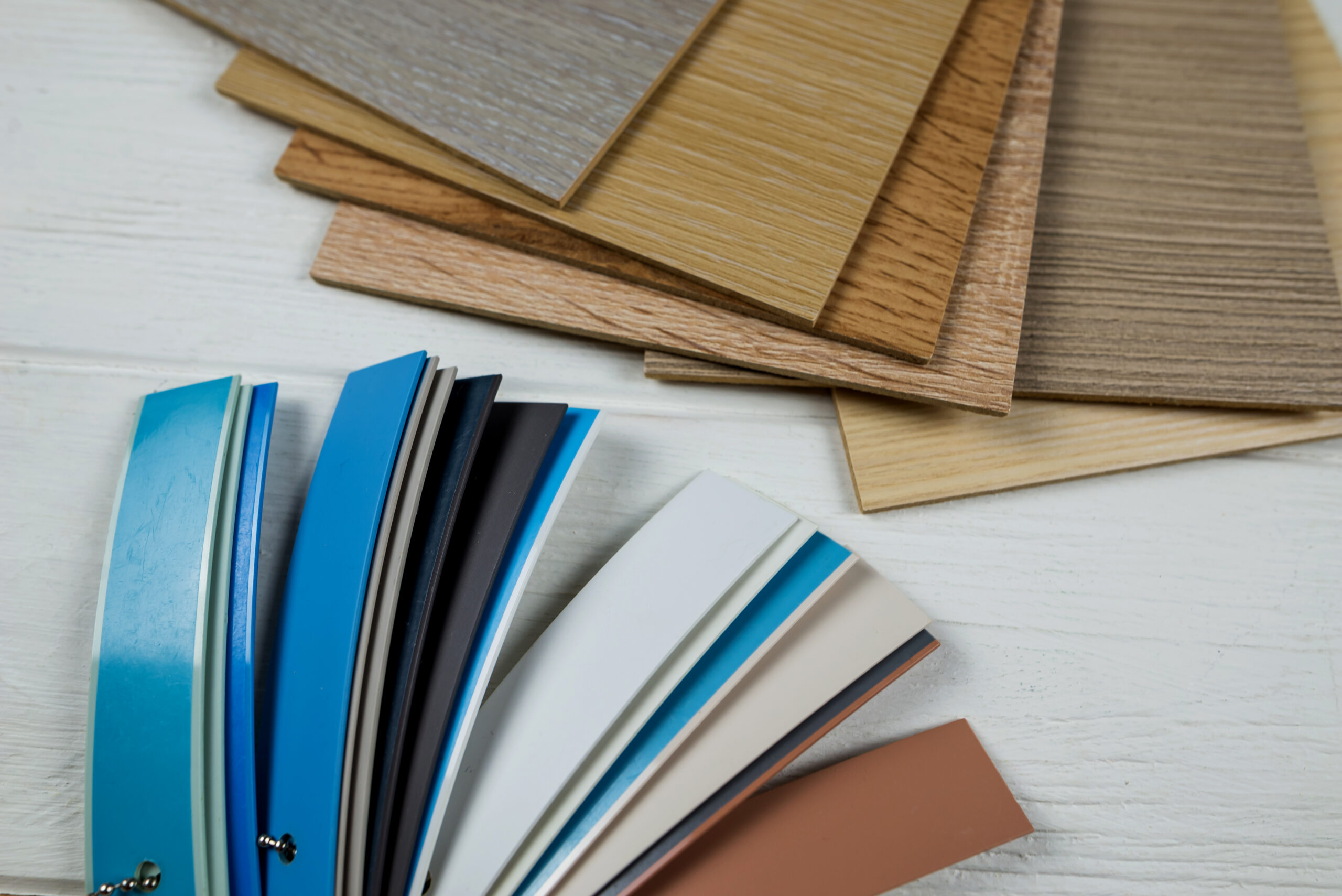Foam Back vs Cork Back Vinyl Flooring: What’s the Difference?
When it comes to installing new vinyl flooring, there are many factors to consider. One of the most important decisions is what type of underlayment to use. Cork and foam are two of the most popular options, but what’s the difference between them and which one is better for your needs?
In this blog post by the Virgin Carpets and Flooring team, we’ll break down the pros and cons of foam back vs cork back vinyl flooring so you can make the best decision for your home or business.
What is Underlayment?

When putting down vinyl flooring, it’s important to use an underlayment. This is a layer of material that goes between the floor and the vinyl, and it serves a few purposes.
- It protects the flooring from damage.
- It helps to insulate and soundproof the room.
- It makes the installation process easier and more stable.
As already noted, there are two main types of underlayment: foam and cork. Both have their pros and cons, so let’s take a look at each one in more detail.
Foam Back Underlayment

Foam core backing is a popular underlayment choice for vinyl flooring, because it provides thermal insulation and acoustic isolation. Foam core is typically made from polyurethane, and it is available in both high and low density varieties. It is most commonly found in residential applications, as it is less expensive than cork and provides good thermal performance.
Foam core is a good choice for insulation because it is effective at stopping the flow of heat. It also has a high R-value, which means it can resist heat transfer very well. This makes foam core an excellent option for flooring in warm climates, or for buildings that are in need of energy efficiency.
Foam core is also a good choice for acoustic insulation which helps to reduce noise transmission between floors and rooms.
Foam core backing comes in two varieties: closed-cell foam and open-cell foam. Closed-cell foam has high density and is impermeable to moisture, making it a good choice for areas with high humidity or moisture exposure. Open-cell foam is less dense and more absorbent, making it a better choice for areas with low humidity or minimal moisture exposure.
Advantages of Foam Core Backing
- Inexpensive: If you are budget conscious, foam core backing is a more affordable option than cork.
- Thermal Performance: Foam core insulation helps to keep your flooring warm in the winter and cool in the summer, making it a good choice for climates with extreme temperatures.
- Acoustic Isolation: Foam insulation can help to reduce noise transmission between floors, making it a good choice for homes or businesses with multiple levels.
- Softness: Foam is a very soft material, which makes it the ideal choice for comfort when you’re standing or walking on your vinyl flooring. It also protects your flooring from damage.
Disadvantages of Foam Core Backing
- Less Durable: Foam is not as durable as cork and may not withstand as much foot traffic or wear and tear.
- May Trap Moisture: Foam can absorb moisture, which can lead to mold and mildew growth.
- Heavy: Foam is a very heavy material, which can make it difficult to handle and install.
- Environmental Impact: Foam is made from non-renewable resources and can release harmful chemicals into the environment.
Cork Back Underlayment

Cork is a natural insulation material that is made from the bark of the cork oak tree. It has been used for centuries as an acoustic and thermal insulation, and it is a popular choice for flooring underlayment.
Cork is a good insulator because it is a poor conductor of heat. This makes it an effective option for both thermal and acoustic insulation. Cork also has a high R-value, making it one of the best insulating materials available.
Cork is also an effective sound absorber, which makes it a good choice for reducing noise transmission between floors and rooms.
Advantages of Cork Backing
- Thermal Performance: Cork helps to keep your flooring warm in the winter and cool in the summer, making it a good choice for climates with extreme temperatures.
- Acoustic Performance: Cork is an effective sound absorber, which makes it a good choice for reducing noise transmission between floors and rooms.
- Natural Material: Cork is a natural material, which means it is biodegradable and environmentally friendly.
- Sustainably Sourced: Cork is harvested from the bark of cork oak trees, which are not harmed in the process.
- Easy to Install: Cork is a lightweight and easy to install material.
Disadvantages of Cork Backing
- More Expensive: Cork is more expensive than foam core insulation.
- May Trap Moisture: Like foam, cork can absorb moisture, which can lead to mold and mildew growth.
Foam Back vs Cork Back: Which is Better?

So, which is the right underlayment option: foam or cork? The answer depends on your specific needs and preferences.
If you are looking for an affordable option, foam core backing would be a solid choice. It is also a good option for climates with extreme temperatures or noise exposure as a foam core backing offers thermal and acoustic insulation.
If you are looking for an environmentally friendly and sustainable material, cork is the better choice. Cork is also a fantastic sound absorber, making it a superior choice for reducing noise transmission between floors and rooms. However, cork is more expensive than foam core insulation, so that should be taken into consideration.
Virgin Carpets and Flooring is Your Resource for Foam Back and Cork Back Underlayment!

When it comes to foam back or cork back underlayment, Virgin Carpets and Flooring is your go-to resource. We offer a variety of foam and cork underlayment products that are sure to meet your needs when installing a vinyl floor.
Looking to get new vinyl flooring installed? Virgin Carpets and Flooring has a diverse selection of luxury vinyl tile (LVT) and luxury vinyl vinyl plank (LVP). Call us today at 412-653-3424 or contact us online. We would be happy to help you get started on your next flooring project!

